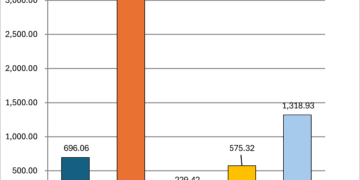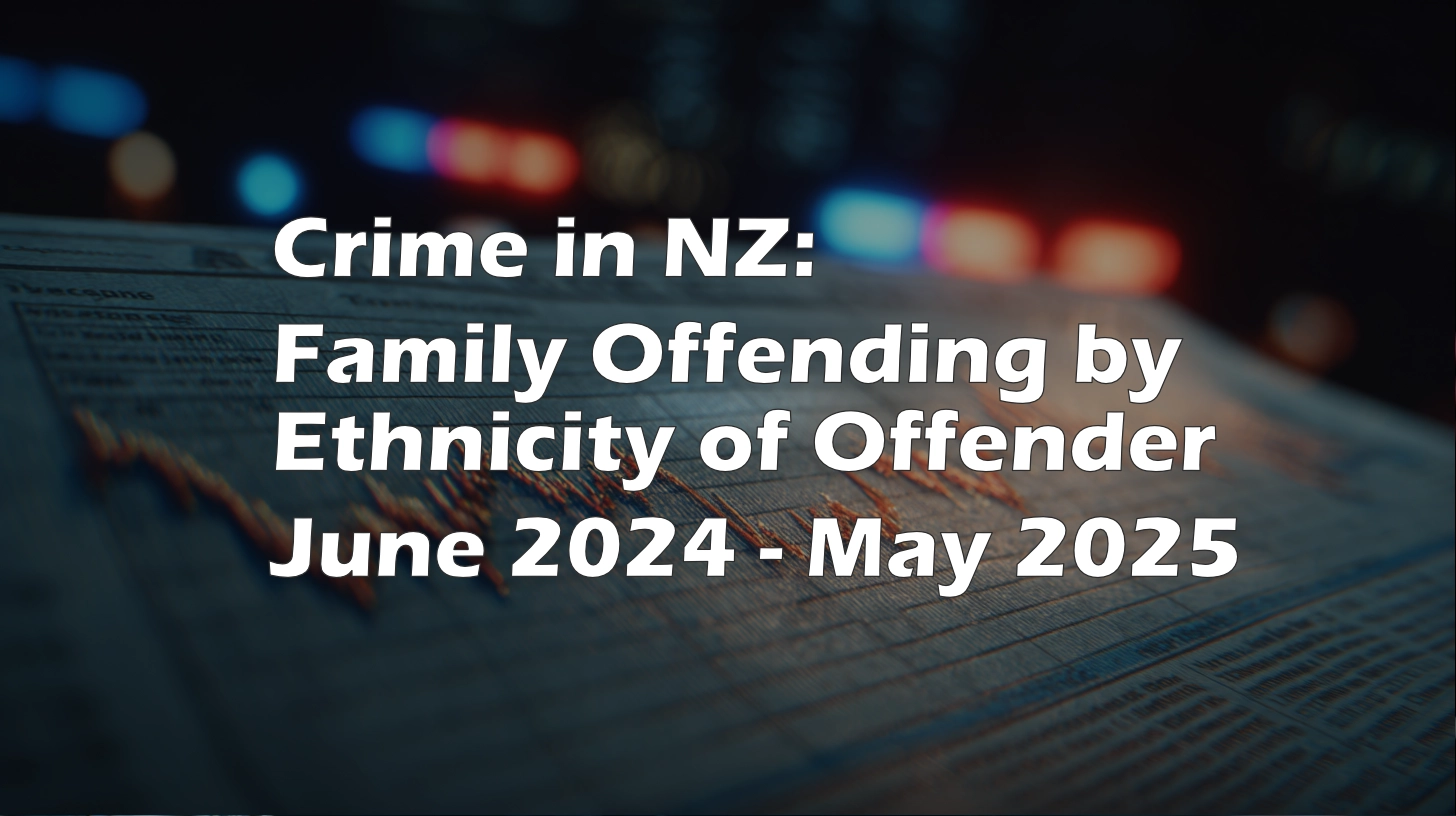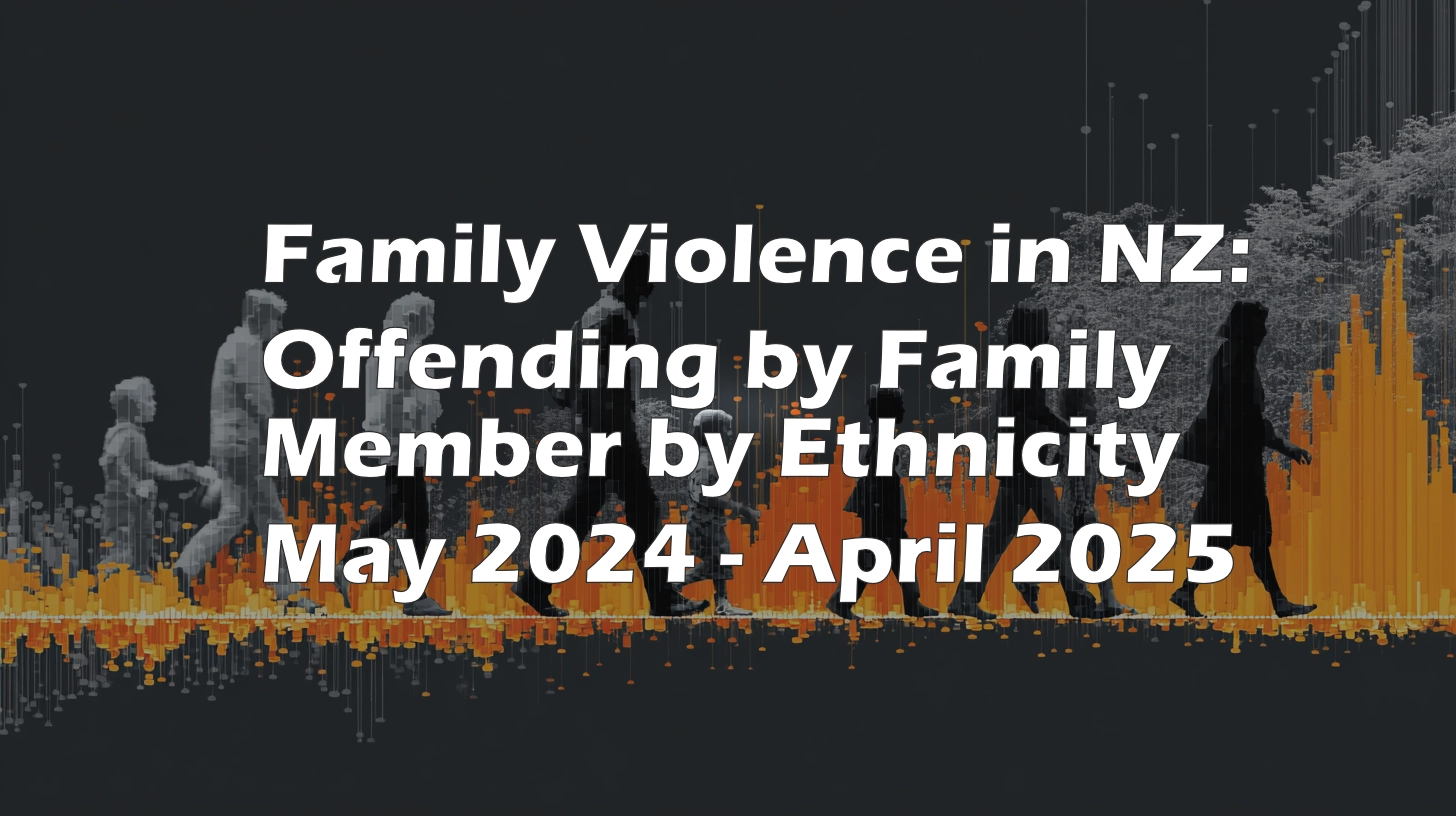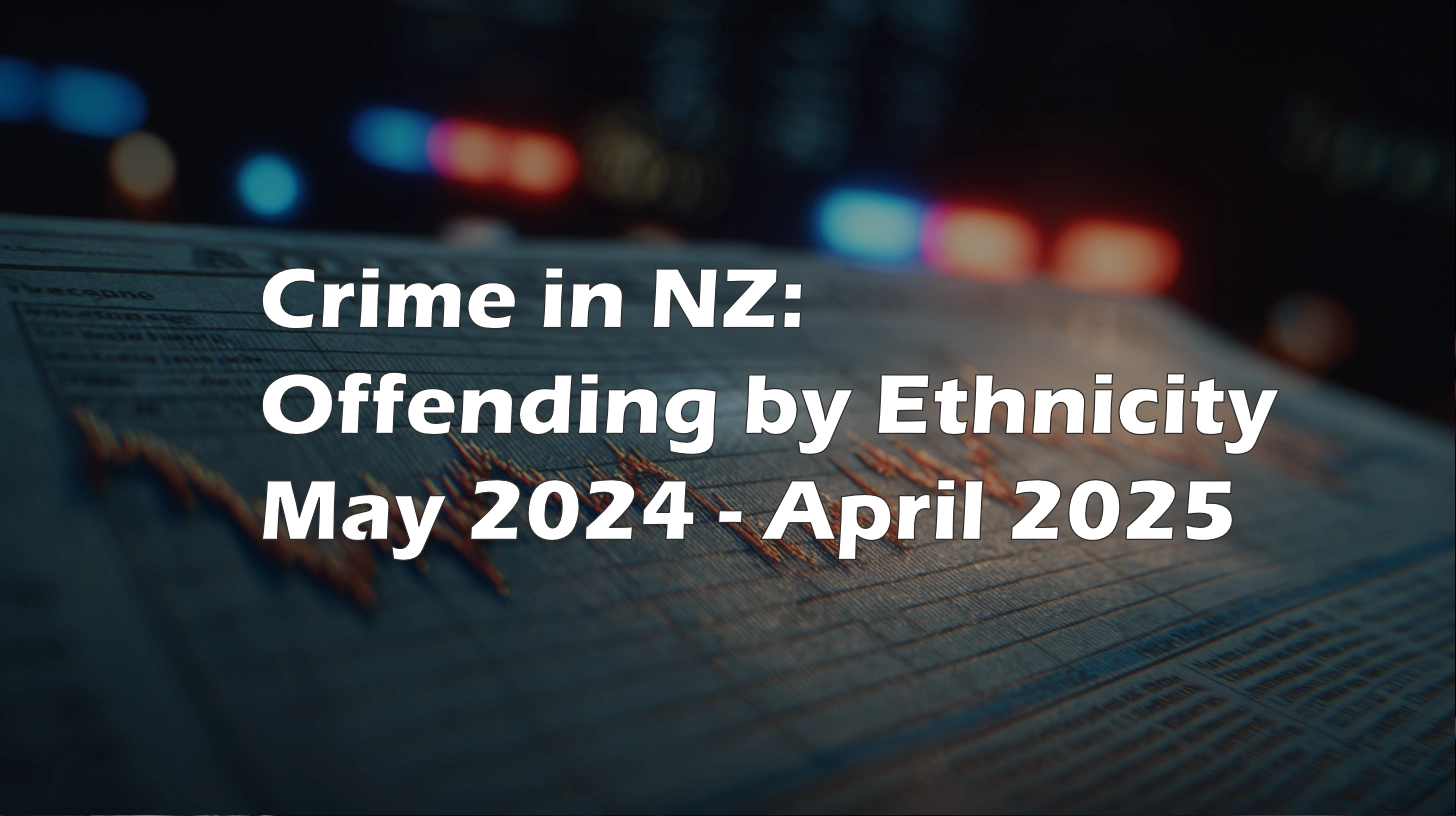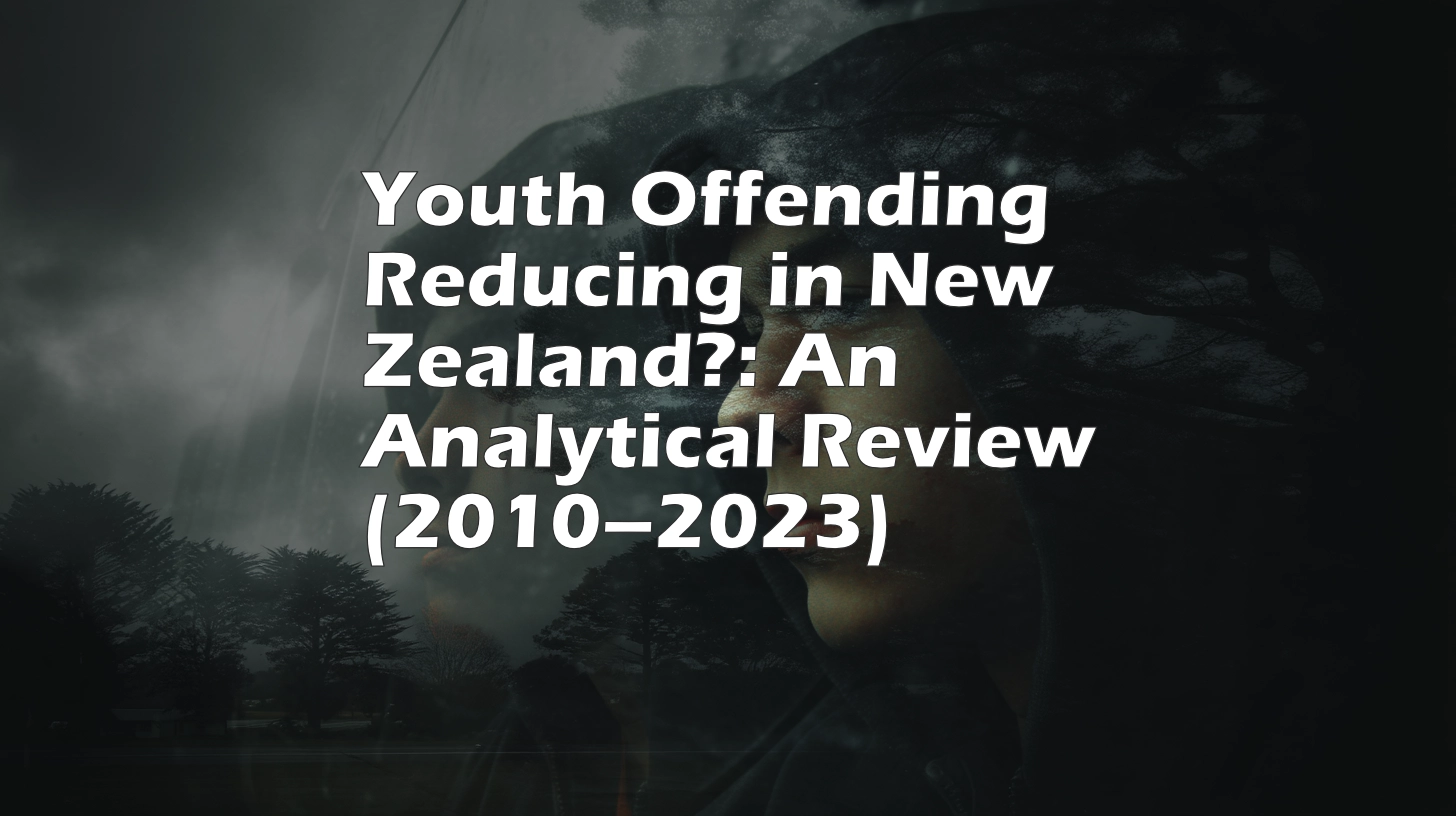As New Zealand’s National Party introduces a member’s bill to ban social media for under 16s, a look overseas reveals both pioneering steps and fresh debates on how—and whether—to shield young people from online harms.
Australia’s World-First Under-16 Ban
In late November 2024, Australia became the first country to legislate an outright ban on social‐media accounts for under-16s. Under the Social Media Minimum Age Bill, platforms such as Facebook, Instagram, Snapchat, TikTok and X must implement “reasonable steps” (from document‐based verification to AI estimation) to prevent under-16s from logging in, or face fines up to A$49.5 million for systemic breaches. The law, which formally passed on November 28, 2024, gives companies a year to trial age-assurance methods before enforcement begins in early 2026. Early government guidance has clarified that educational and health services (e.g. Google Classroom, YouTube’s education channels) are exempt from the restriction. (Reuters).
Europe’s Consent‐Based Framework
Rather than bans, most European states rely on the GDPR’s “digital age of consent” rule. Under Article 8 of the GDPR, no online service may process a child’s data without parental permission if they’re under 16 (member states may lower this age to no less than 13). In practice:
- France requires parental consent for under-15s—but has faced technical and enforcement hurdles in verifying identities.
- Germany and Belgium both set the threshold at 13 with parental OK for younger users.
- Italy mandates consent for under-14s, but “slippage” remains common Reuters.
- Netherlands imposes no formal social‐media age limit yet bans devices in classrooms to curb distraction Reuters.
This consent model shifts responsibility onto platforms and parents without forbidding access outright.
State-Level Bans in the United States
While no federal measure exists, a handful of states have moved independently:
- Florida Governor Ron DeSantis signed House Bill 3 on March 25, 2024, blocking children under 14 from creating social-media accounts and requiring parental consent for 14–15 year-olds. Platforms must delete non-compliant accounts within 90 days or face enforcement actions by the state’s Department of Legal Affairs..
- Other states, including Texas and Utah, have considered similar “algorithm transparency” or age-verification rules, but none match Florida’s breadth Florida Senate.
On the Horizon: Countries Considering Hard Limits
- Norway is drafting a bill to raise the minimum social-media age to 15 and mandates age-verification systems tied to its national ID scheme. Prime Minister Jonas Gahr Støre concedes enforcement will be “an uphill battle” but frames it as necessary to safeguard young minds Norway to increase minimum age limit on social media to 15 (The Guardian).
- Spain’s Council of Ministers recently approved a draft Organic Law on the Protection of Minors in Digital Environments, which would bar under-16s from opening any social-media account without explicit guardian authorization. The measure also requires platforms to deploy “effective” age-checks or face criminal penalties for grooming and AI-generated sexual content Sur in English.
- United Kingdom – No ban is imminent, but lawmakers are debating an amendment to the Data (Use and Access) Bill calling for a government review on lifting the digital consent age from 13 to 16. Over 130,000 signatures on a public petition spurred a Commons debate on February 24, 2025, and while ministers have stopped short of endorsing a ban, the conversation around age-appropriate design and “Safer Phones” legislation continues.
Lessons Learned & Key Takeaways
- Enforcement vs. Evasion: All jurisdictions wrestle with verifying ages without over-collecting personal data or driving teens to unregulated “back-door” services.
- Consent vs. Prohibition: The EU’s consent-based approach offers flexibility but lacks the blunt deterrent of outright age bans.
- Parental Controls & Education: Supplementing legal limits with robust parental-control defaults and digital-literacy campaigns may offer a middle ground.
Should New Zealand enact a ban, it would join Australia’s vanguard—but global experience suggests that technological, legal and social measures must be layered and nuanced to truly protect young users.









